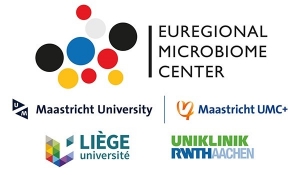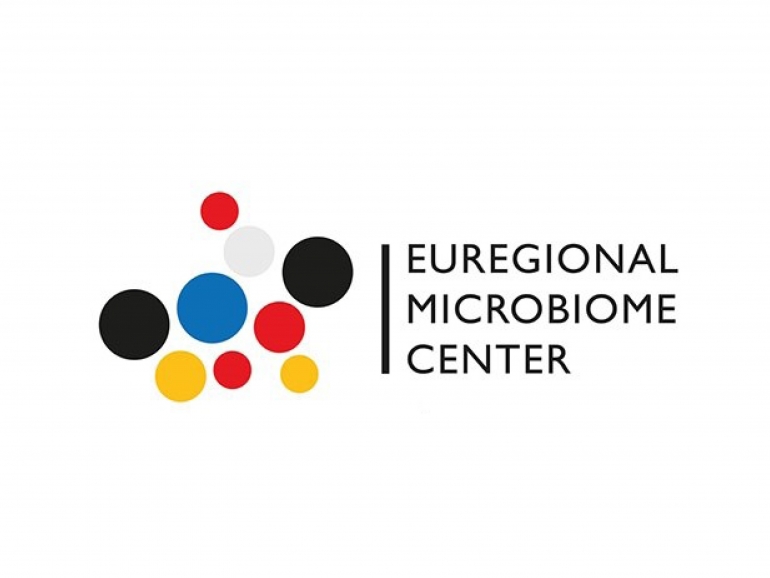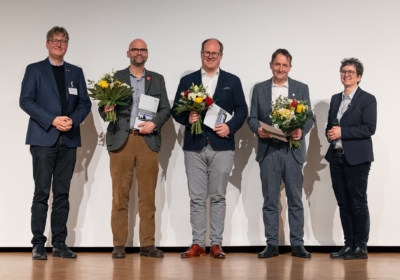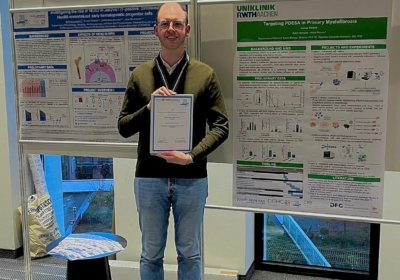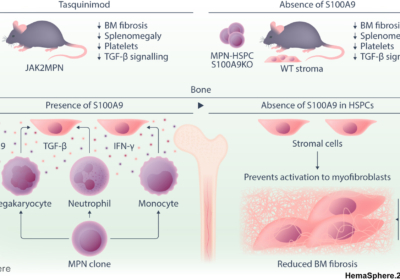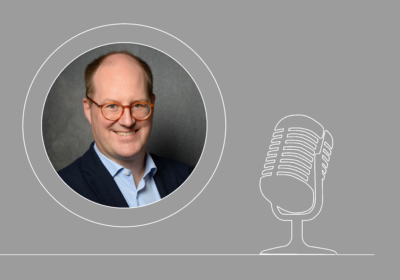Scientists based in the border area of the Netherlands, Belgium and Germany will work together to gain more insight into the functioning of the microbiome: the trillions of bacteria, viruses, fungi and other microbes that live in and on our bodies. To this end, the researchers are today launching the Euregional Microbiome Centre. This new partnership brings together researchers from Maastricht University (UM) and the Maastricht University Medical Centre+ (UMC+), the University of Liège and Uniklinik RWTH Aachen. A better understanding of the microbiome is essential for the study of a healthy lifestyle and the prevention, diagnosis and treatment of diseases.
Microbiome
The microbiome of the skin, respiratory tract, gastrointestinal tract and genitals play a crucial role in human health. The microbiome in the gut, for example, forms a natural barrier against pathogens, supports digestion and is key to the development of our immune systems and even our brains. Knowledge of the microbiome is essential not only when it comes to healthy living, but also for the treatment of disorders such as allergies, obesity and chronic intestinal and lung diseases. Our microbiome is therefore the focus of a great deal of scientific research, such as the study of probiotics, nutrition as medicine, the body’s absorption of medicines and even stool transplants. One study by the Maastricht microbiologist John Penders for example showed that babies with a favourable gut microbiome are less likely to develop allergies. And research in Professor Koen Venema’s lab on the UM campus in Venlo demonstrates that fibre from fruit and vegetable peels found in waste from the food-processing industry can improve the gut microbiome in people with obesity.
Strengths
The Euregional Microbiome Centre brings together parties with expertise in different areas of microbiome research. The strength of the Maastricht scientists lies in knowledge of the microbiome in relation to nutrition, lifestyle and diseases in large-scale population studies. The researchers in Venlo are focused on the effects of nutrition and probiotics on the intestinal flora in specially designed artificial intestines. The scientists in Aachen investigate, among other things, the interaction between microbes and their host’s immune system, while the Liège researchers are specialised in developing computational algorithms for precision medicine, or tailored medical treatment. “The Euregional Microbiome Centre will enable us to bundle this complementary knowledge and infrastructure,” John Penders says. “It’s a unique step towards a new approach to medicine that will facilitate prevention, nutrition and personalised treatment for a wide range of conditions.” ![]()
